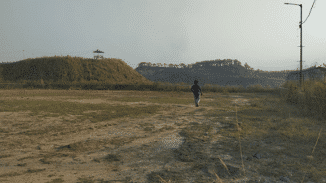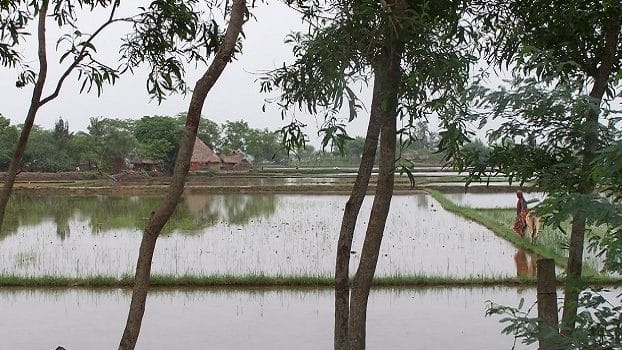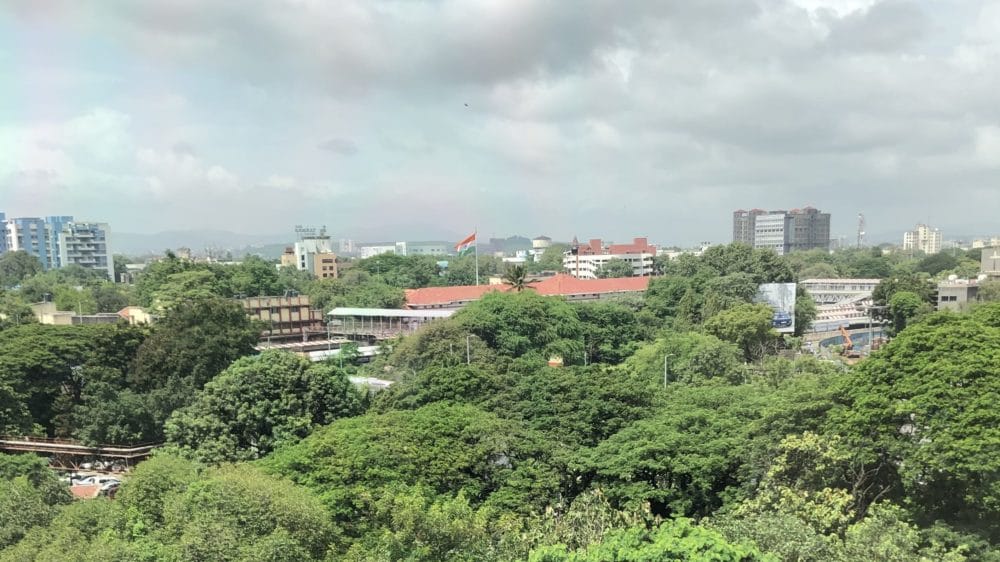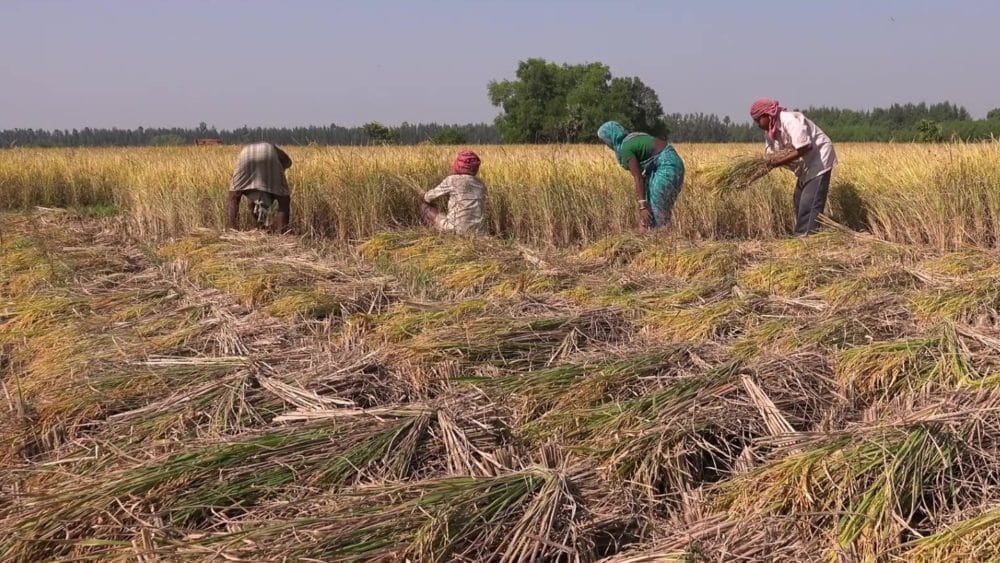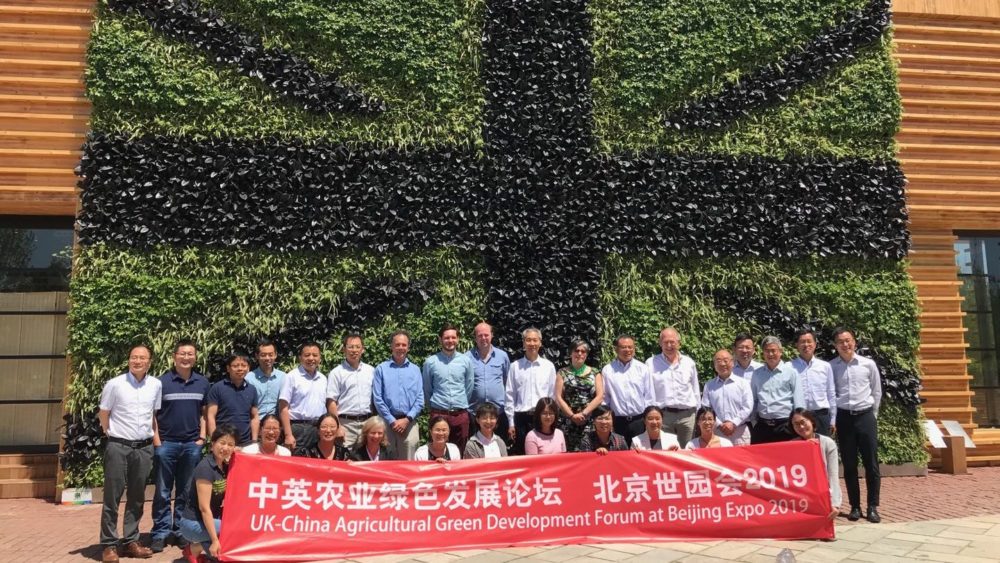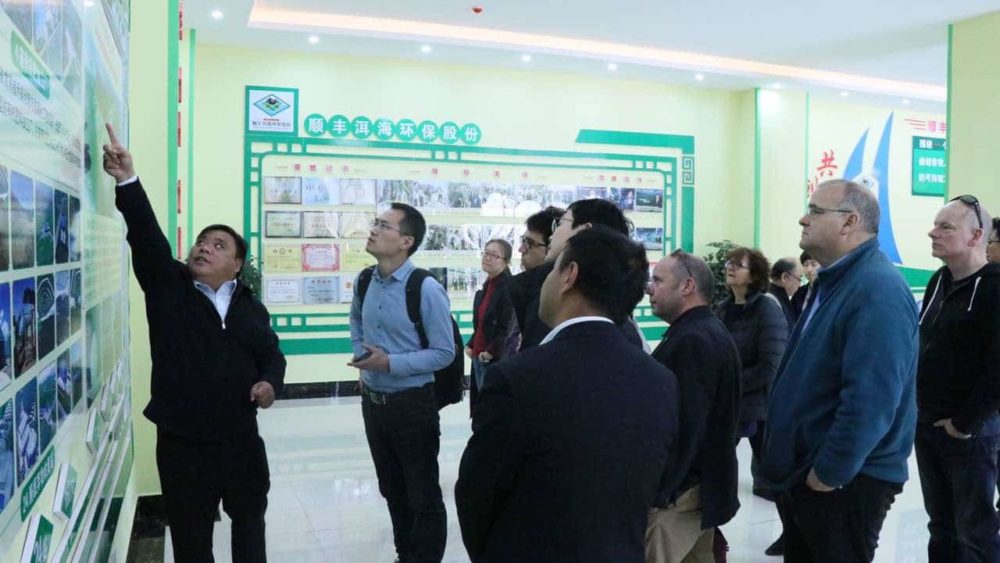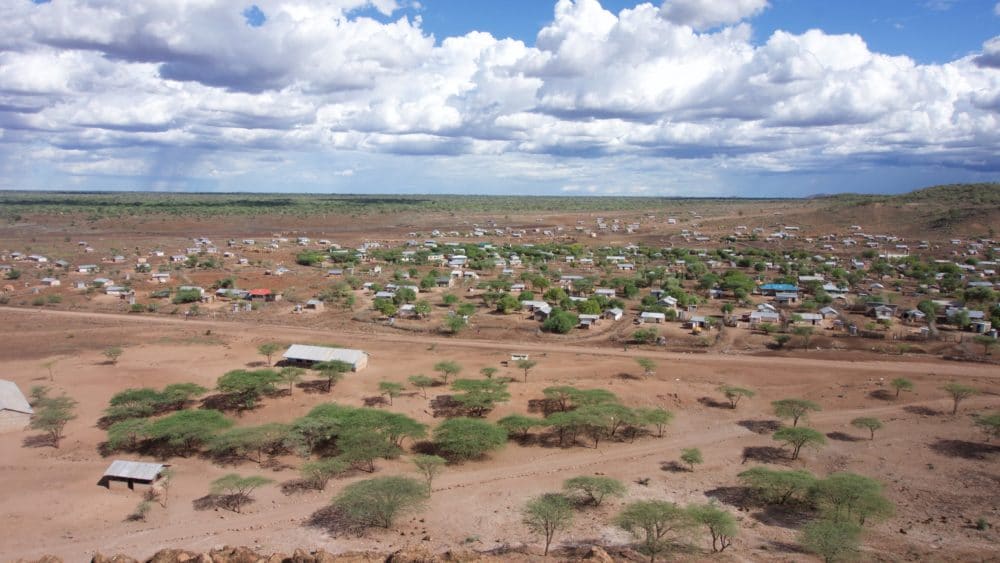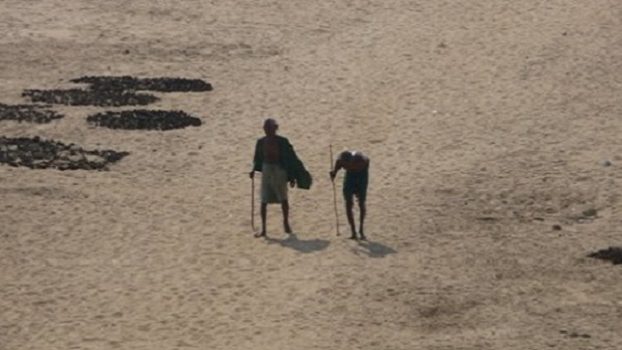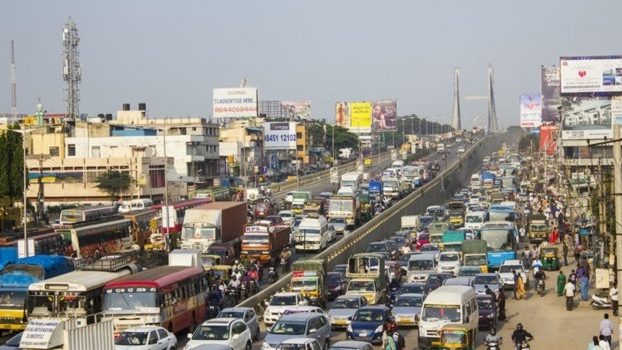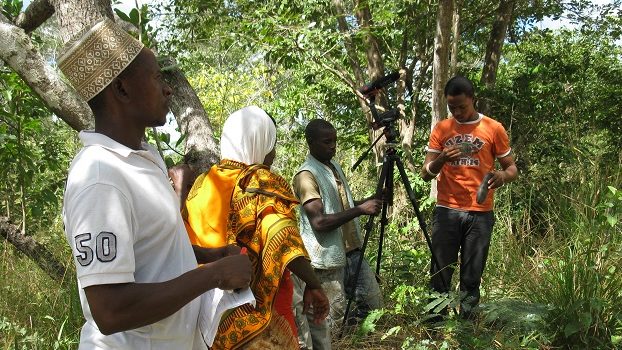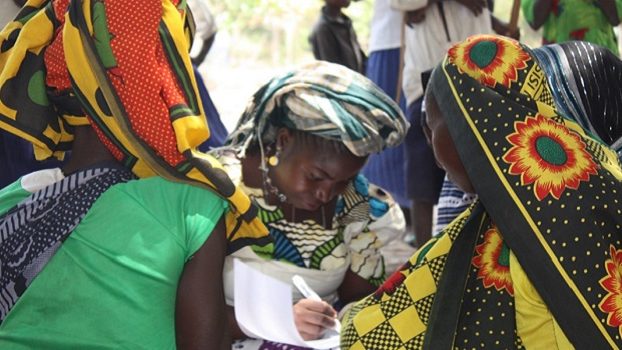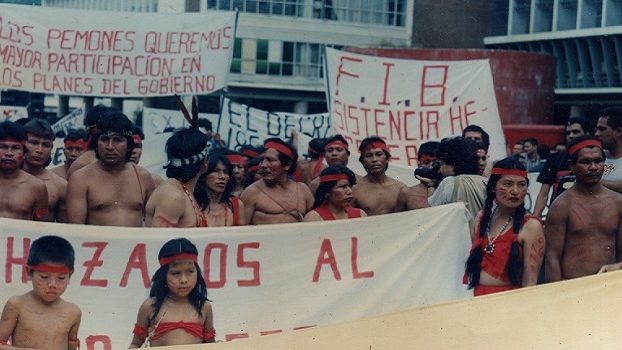Urbanisation in the Global South is coupled with unemployment, resource degradation, growing inequality, and food insecurity. This project examines the extent to which Urban and Peri-Urban Agriculture (UPA), conceptualised as ‘green infrastructure’, addresses these challenges and contributes to societal well-being and urban sustainability. We undertake interdisciplinary research in four urban areas in India and Tanzania. The project (1) examines the impacts of UPA on built infrastructure, ecosystem services, land and water use, (2) explores how UPA is socially differentiated and privileges/marginalises certain people/groups with well-being outcomes, and (3) co-develops and tests strategies that allow UPA to contribute to urban sustainability. The research involves various stakeholders: male/female farmers, farmer collectives, representatives from civil society and sectoral government agencies. Co-produced elements of the research, including a compendium of UPA practices, multimedia farmer narratives, systems simulations, and public exhibitions, place the research participants as equal partners in the project.
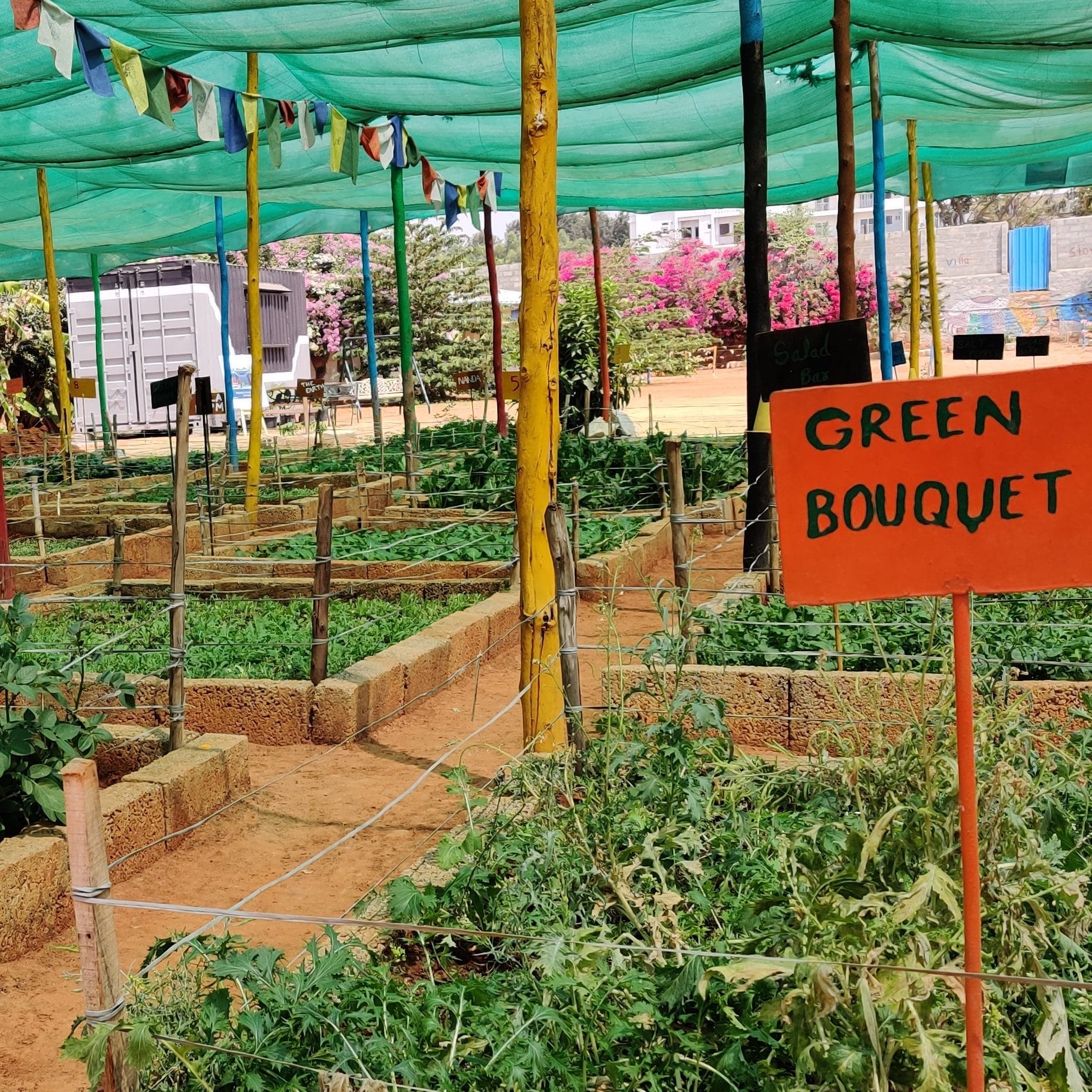
Urban and peri-urban agriculture as green infrastructure: implications on well-being and sustainability in the Global South
Project status: Current
Funded by: British Academy’s (BA) “Urban Infrastructures of Well-Being” programme, under the UK Government’s Global Challenges Research Fund (GCRF)


